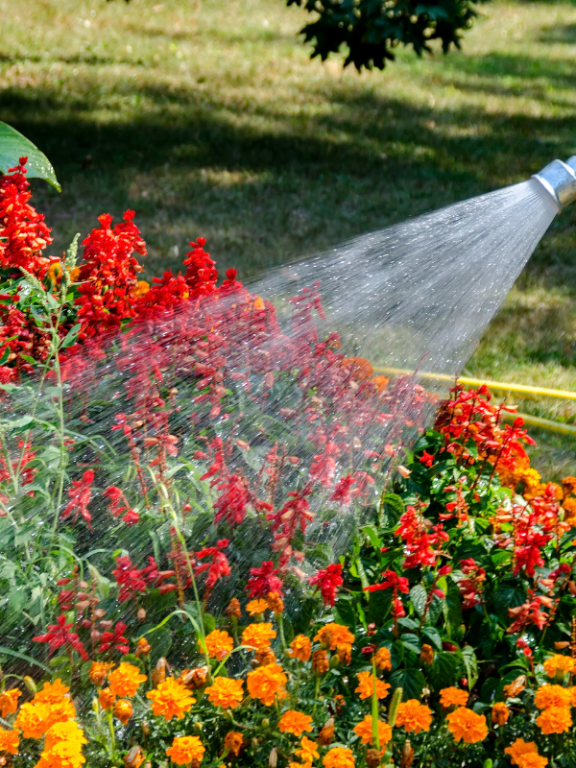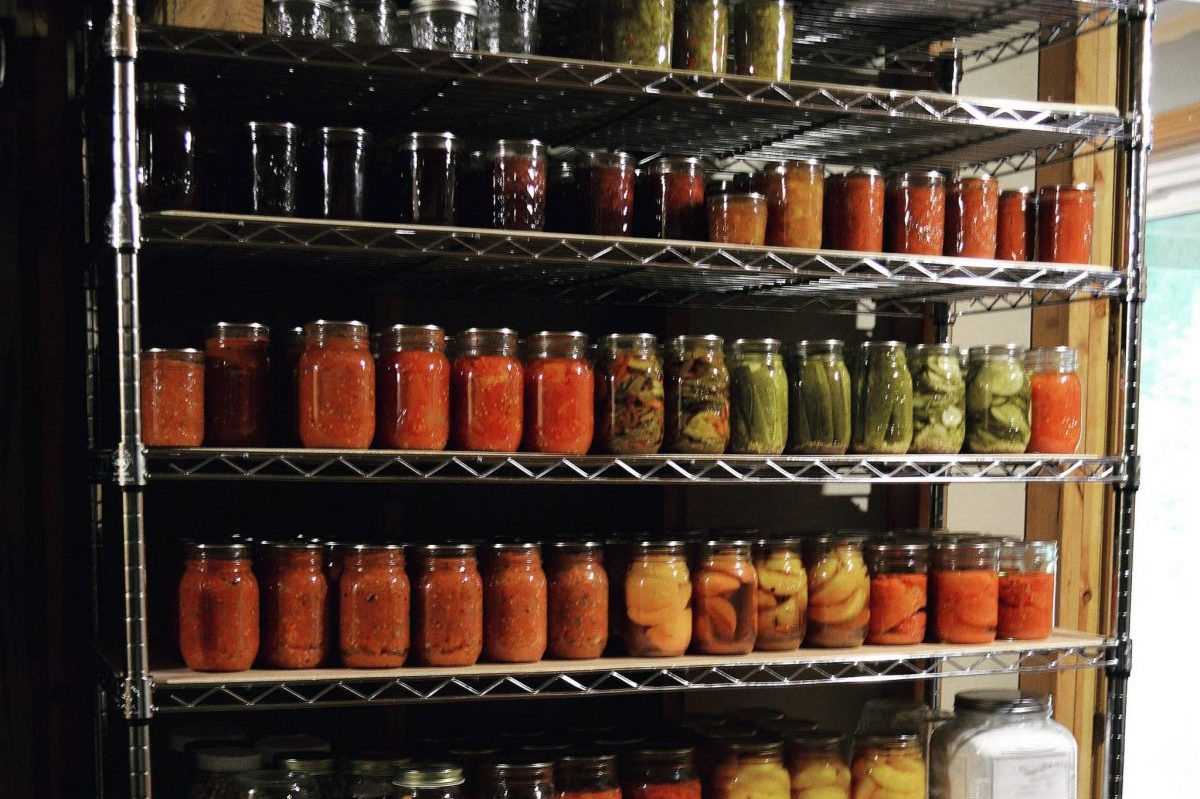Whether you have a farm or a garden, water is essential to the growth of plants. However, you should not use every type of water for your garden. For example, some plants require lots of water, and if you end up feeding them with contaminated water, they may not grow well.
You have to test water hardness before you use water on your plant. However, you don’t have to do this test every day. When you test the source of your water, it becomes easier to maintain your water supply to plants.
Hard Water in Plants
When you don’t live in places like the United States, you need to be careful with your tap water because of exposure to contaminants. In most developed countries, tap water passes through minerals and healthy chemicals to improve its purity and safety. However, this type of water laden with these substances may not be good for your plants.
We refer to this water as hard water, and the substance in the water can cause water stains and scale build-up that can lead your plants to wilt.
Hard water can affect your plants in numerous ways, leading to the possibly dying of your precious plants.
Here is what hard water can do to your plants:
Scale on Leaves
First, you may realize that your plant leaves are changing color. The mineral water gives the leaves a white filmy coating. This happens when you use tap water on your plants. Soon, this would result in wilting or sickening your plants because they may not breathe easily.
Plant Pigmentation
The pigmentation process allows your plant to produce the oxygen required for photosynthesis to occur. Chlorophyll causes green pigmentation in plants and is desirable for the good health of your plants. Meanwhile, when carbon, lime, or other substances deposit on the leaves, they affect pigmentation. When this happens, the plant will be unable to manufacture oxygen or its food.
Calcium Carbonate Deposits
Sometimes, you may realize that your plants suffer from heavy mineral content that causes them to have grayish-white powder. This is common on the potting soil and may leave you wondering what bleached your soil. Tap water is notorious for discoloration, which is not good for your plants.
Chlorine in the Water
If there is a chemical you must avoid when watering your plant, it is chlorine, which is used in cleaning and filtering water. Additionally, chlorine is used for water decontamination. Hence, if your plants are exposed to chlorine, they will start wilting.
Too Much Mineral Salts
When your soil has too mineral salts, it can affect your plants. Plants struggle to absorb water when they have much salt. Hence, they tend to wilt or die off.
While hard water may be good for many reasons, the plants may not need them for their healthy growth. As a result, you should consider the water source for watering these plants to avoid using hard water.





